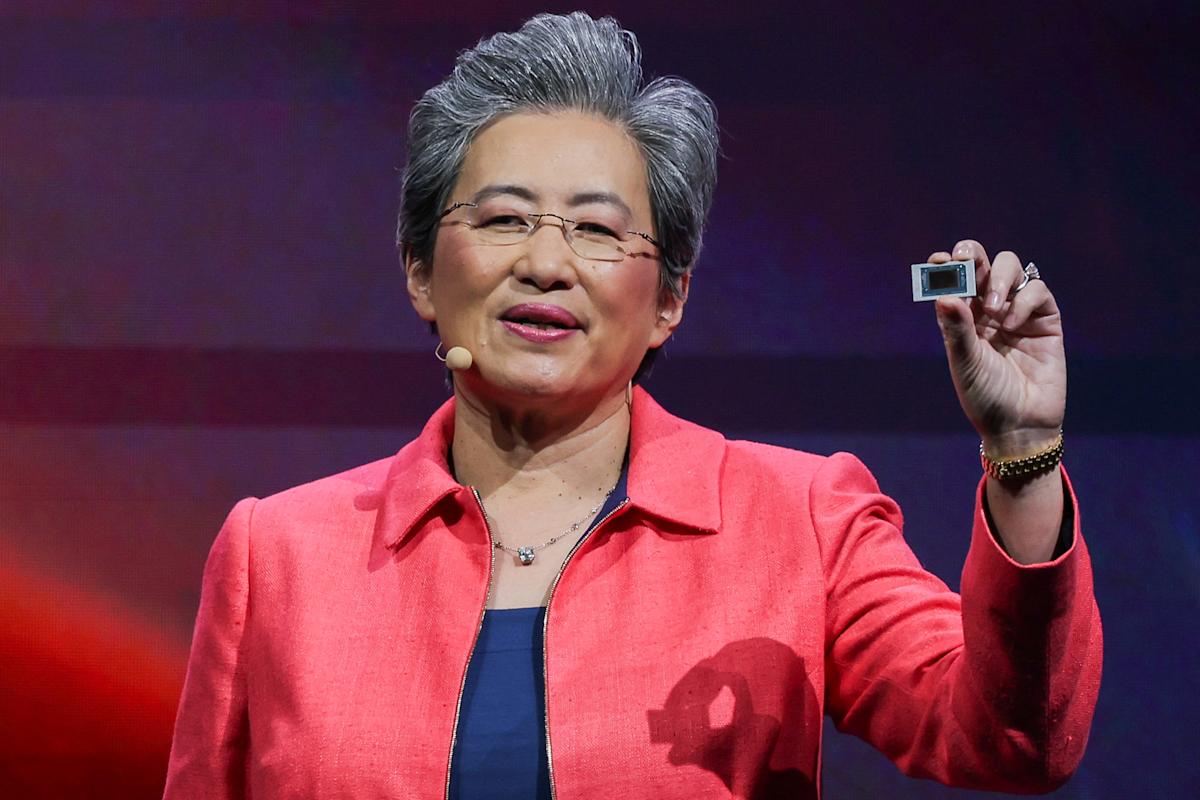Initially launched in May 2020 as the flagship original scripted series for HBO Max, the underrated romantic dramedy Love Life has recently arrived on Netflix, introducing it to a new audience. The series, designed as an anthology tracing one person’s romantic journey each season, began with Anna Kendrick in the lead role.
The first season introduces Darby Carter (Kendrick), a young woman navigating New York City in her twenties. Haunted by a childhood shuttled between divorced parents, Darby craves genuine connection. The story, framed by narration from Lesley Manville, posits that every relationship, from fleeting flings to long-term commitments, is part of a larger story leading to “the one.”
We meet Darby in 2012, fresh out of college and living with her roommates, Sara (Zoë Chao) and Mallory (Sasha Compère). At a party, she has an immediate and intense connection with Augie Jeong (Jin Ha), a journalist for Politico. Their whirlwind romance blossoms quickly, marked by the easy intimacy and shared experiences—like the “Linsanity” craze—that make it feel like the meaningful relationship she’s been searching for. However, their future is thrown into question when Augie is assigned to the presidential campaign trail, forcing a difficult conversation about a long-distance relationship and an emotional, uncertain farewell.
As a launch title for a major streaming service, Love Life was a surprisingly understated choice compared to the splashier debuts of its competitors. Yet, its strength lies in this subtlety. The show is a watchable and refreshingly realistic take on modern romance, distinguished by its strong performances and grounded storytelling. While not a spectacular “event series,” it is a compelling character study.
Anna Kendrick delivers her best performance in years, reminding audiences of the considerable dramatic skill she possesses beyond her comedic and musical roles. She portrays Darby with a nuanced vulnerability, capturing the insecurities and immature impulses of a young adult without making the character pathetic. Darby’s missteps, whether in her professional or personal life, feel authentic to the messy process of growing up, making her journey to find love—and herself—deeply relatable.
The supporting cast is equally strong, particularly Zoë Chao as Darby’s best friend, Sara. Her character’s struggle with embracing adulthood, despite being in a seemingly stable relationship, provides a compelling counterpoint to Darby’s search for one. Chao imbues Sara with enough depth and conflict that her story could easily anchor a series of its own.
While the series excels in character, its use of an omniscient narrator can occasionally feel intrusive, explaining emotional beats that the actors are already conveying effectively. The show also handles intimacy with creative camerawork, focusing on emotional connection rather than explicit content.
Ultimately, Love Life is a charming and well-crafted series that succeeds on the strength of its performances and its honest portrayal of relationships. While it may not have been the explosive launch vehicle some expected, its Emmy-worthy turn from Kendrick and its authentic, heartfelt narrative make it a rewarding watch.




